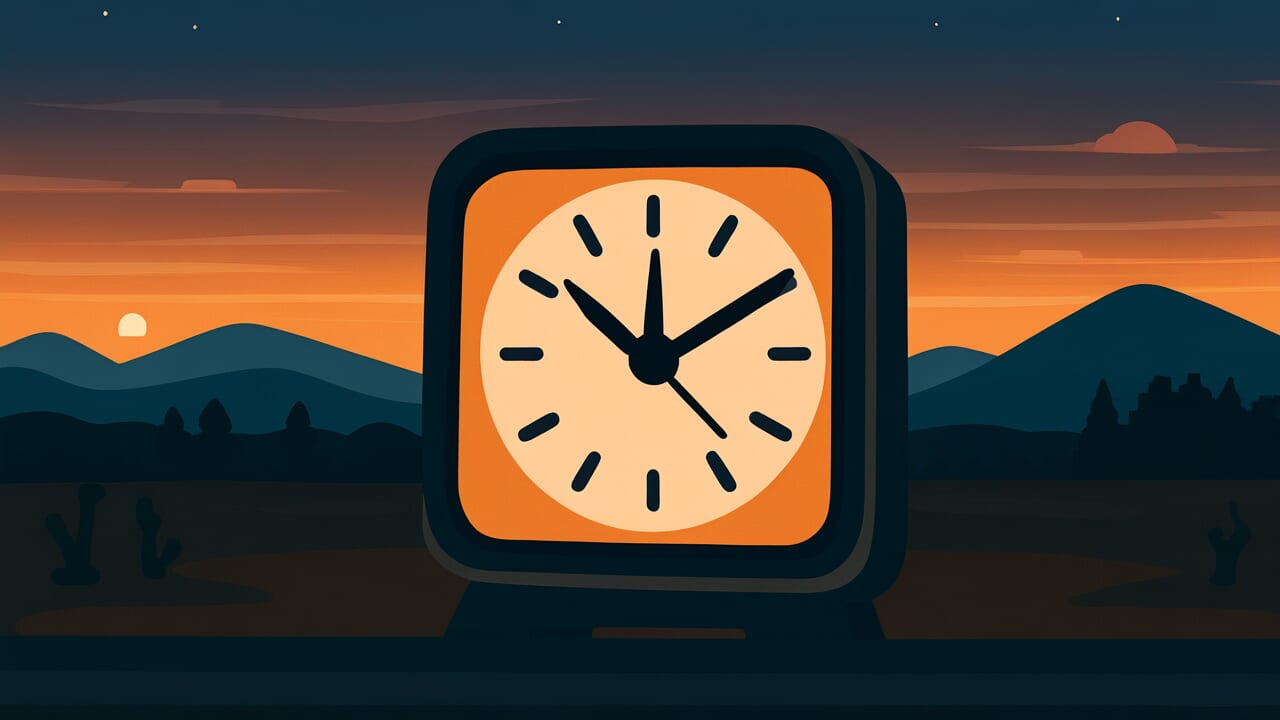How to Read “the darkest hour is always just before the dawn”
“The darkest hour is always just before the dawn”
[the DARK-est OW-er iz ALL-ways just bee-FOR the dawn]
Meaning of “the darkest hour is always just before the dawn”
Simply put, this proverb means that things often get worse right before they get better.
The literal words paint a picture from nature. The darkest part of night happens in the hours before sunrise. When dawn breaks, light returns to the world. This natural cycle becomes a metaphor for human struggles and recovery.
We use this saying when life feels overwhelming. It applies when someone loses a job, faces illness, or deals with relationship problems. The proverb reminds us that difficult times don’t last forever. Even when everything seems hopeless, change might be coming soon.
What’s interesting about this wisdom is how it reframes suffering. Instead of seeing hard times as endless, we can view them as signals. The worst moments might actually mean we’re close to a breakthrough. This perspective doesn’t make problems disappear, but it can help people endure them with more hope.
Origin and Etymology
The exact origin of this specific phrase is unknown, though similar ideas appear in various forms throughout history.
The concept connects to humanity’s long relationship with natural cycles. Before electric lights, people lived closely with sunrise and sunset patterns. They knew that the coldest, darkest time came just before dawn. This observation about nature became a way to understand human experiences.
Sayings about darkness and dawn spread through oral tradition and written works over centuries. The specific wording “darkest hour is just before the dawn” became popular in English during the 1600s and 1700s. It appeared in religious writings, literature, and everyday speech. The phrase reached its current form through repeated use, with people finding comfort in its message during difficult times.
Interesting Facts
The word “dawn” comes from an Old English word meaning “to become day.” It’s related to similar words in other Germanic languages that describe the daily return of light.
This proverb uses a pattern called chiasmus, where contrasting ideas are placed together for emphasis. “Darkest” and “dawn” create a powerful contrast that makes the saying memorable.
Scientifically, the darkest part of night actually occurs around 2-3 AM, several hours before dawn. However, the proverb focuses on emotional truth rather than precise timing.
Usage Examples
- Coach to struggling athlete: “I know you’re ready to quit after losing five straight matches, but remember – the darkest hour is always just before the dawn.”
- Friend to someone facing foreclosure: “Your business will recover from this bankruptcy – the darkest hour is always just before the dawn.”
Universal Wisdom
This proverb captures a fundamental pattern in how humans experience change and renewal. Our ancestors observed that many natural and social processes follow cycles of decline followed by recovery. They noticed that systems often reach their lowest point just before transformation begins.
The wisdom reflects how human psychology processes difficulty and hope. When we’re struggling, our minds naturally focus on immediate problems. We lose perspective about longer patterns and cycles. The proverb serves as a reminder that our current view might be limited. What feels like an ending could actually be preparation for a beginning. This insight helps explain why the saying resonates across different cultures and time periods.
The deeper truth involves how growth and change actually work. Many transformations require a breaking down before building up can begin. Old patterns must weaken before new ones can emerge. This applies to personal healing, relationship changes, and even social progress. The “darkest hour” represents the moment when old systems have failed but new solutions haven’t yet appeared. Understanding this pattern helps people recognize that chaos and confusion might signal approaching breakthrough rather than permanent defeat.
When AI Hears This
Our brains trick us during hard times in a specific way. When we suffer, we literally cannot imagine it ending soon. This happens because our minds evolved to treat current dangers as permanent threats. The worse things get, the more our brain insists they will last forever.
This mental glitch explains why humans always feel surprised when bad times end. We consistently underestimate how close we are to relief or breakthrough. Our crisis-detection system was built for survival, not accuracy about timing. It makes us prepare for endless struggle even when rescue approaches.
What fascinates me is how this flaw actually helps humans survive. By assuming the worst will continue, people keep fighting when others might quit. They push hardest exactly when they are closest to success but cannot see it. This blindness to approaching relief becomes their greatest strength, driving them through the final stretch.
Lessons for Today
Living with this wisdom means developing a different relationship with difficult times. Instead of seeing struggles as purely negative, we can recognize them as potentially meaningful parts of larger cycles. This doesn’t mean celebrating problems, but rather maintaining perspective during them.
The insight becomes especially valuable in relationships and communities. When families face crises or groups experience conflict, remembering this pattern can prevent premature giving up. Many relationships grow stronger after working through their worst problems. Teams often find their best solutions after their most challenging discussions. The key is distinguishing between situations that need endurance and those that need different action.
The challenge lies in timing and judgment. Not every difficult situation leads to automatic improvement. The proverb offers hope, not guarantees. Wise application means combining patience with appropriate action. Sometimes we need to wait for natural cycles to unfold. Other times we need to actively work toward the dawn we’re hoping for. The wisdom works best when it encourages persistence without promoting passivity.



Comments